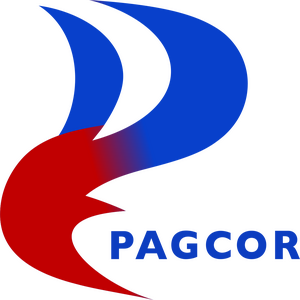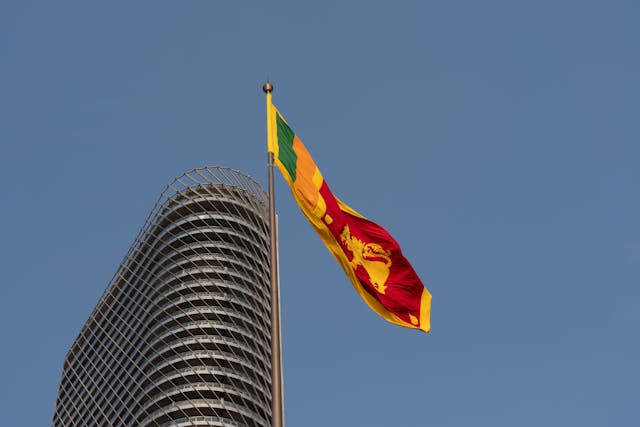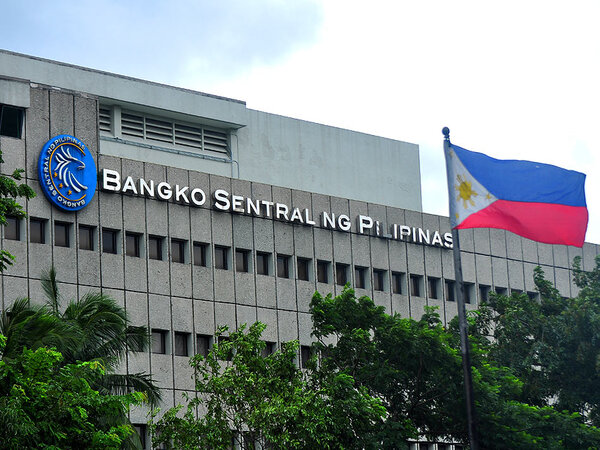
A year after President Ferdinand Marcos Jr moved to ban offshore gambling operators in the Philippines, the Senate and House are passing bills to permanently ban their ability to offer gambling services to the country’s citizens.
The move may come as bad news to Filipino players who have become used to having access to hundreds of international brands. However, the lawmakers behind the bill stress major issues with the established POGO system, ranging from money laundering problems to disappointing tax returns.
What Are POGOs?
Most national gambling authorities across the globe only allow companies registered in the country itself to offer gambling services to its citizens.
In that regard, the Philippines was seen as a major innovator. The country’s gambling regulators allowed so-called POGOs (Philippines Offshore Gaming Operators) to offer their services to Filipinos as long as they adhere to the licensing requirements outlined by the PAGCOR licensing body. These requirements covered all of the usual aspects of gambling licenses, ranging from KYC policies to anti-money laundering measures and checks for fairness.
When the POGO initiative was first implemented, it legitimised the offshore casino industry by taxing it. It was announced as a major source of tax income for the country, and a large part of these proceeds was intended for social benefits such as universal healthcare.
The Presidential Ban on POGOs
While many Filipino casino fans were excited to have legitimate, protected access to thousands of world-leading casino brands, the system was not without its faults.
For starters, the tax revenue projections turned out to be incredibly optimistic. While the proceeds were on track to reach PHP24 billion by 2024, these figures still fell far from what was announced to lawmakers. The figures also implied that most offshore casinos were not honest about their proceeds from Filipino players, often underreporting their profits as a sort of tax evasion. Even more concerningly, the government could do very little to investigate or sanction these claims since the companies were based outside the country.
Moreover, POGOs earned a lot of infamy through common connections to crime and corruption. Throughout 2024, multiple such companies were raided by authorities. Thousands of workers claimed to have been held against their will and forced to partake in crypto scams and other illicit behaviour. Due to their sometimes hazy legal obligations, these companies seemingly became a hotbet for crime and other societal issues.
In July 2024, President Ferdinand Marcos Jr ordered an end to all POGO operations by the end of the year. During his third annual State of the Nation Address, he claimed that the ban was necessary due to the “grave abuse and disrespect” to Philippines laws. He cited numerous links to serious crimes throughout the country, ranging from credit card fraud to human trafficking.
The Anti-POGO Act
Almost a full year after the presidential announcement, Philippine senators approved legislation that would see POGOs permanently banned from offering legitimate gambling services in the country.
The Bill is known as Senate Bill 2869, aka the Philippines Anti-POGO Act. The bill passed Senate with a decisive 23-0 vote, which allowed to to quickly pass into law.
A companion bill was approved in the House on June 10th, 2025, by a vote of 172-1
Senator Sherwin Gatchalian, the bill’s sponsor and one of its standout supporters, said that the act “not only bans offshore gaming operations but also builds safeguards for our people”.
The bill, rather infamously, also called for the seizure of all POGO-related property and the deportation of all foreigners related to the operation of these companies. According to local news outlets, over 9,000 non-Filipino ex-workers still remain scattered across the country.
Gatchalian also stated that “This is not only about removing illegal businesses. It is also about protecting the country’s integrity, ensuring public safety and demonstrating to the world that the Philippines will not be a safe haven for crime.”
What This Means for Filipino Casino Players
The most notable effects of this new legal situation is quite obvious: players from the Philippines will no longer be able to legally access offshore online casinos, betting sites, and similar services.
Of course, that doesn’t mean that online gambling is outright banned in the country. While there are definitely initiatives for a carpet ban, Filipinos can still play with local companies that are registered and licensed by PAGCOR. Admittedly, this severely shrinks down the number of options available to Philippines casino players, which results in less competition and ostensibly worse casino offers.
That said, the issues with POGOs and how they were implemented into the country’s legal framework are hard to deny.
Our advice to our Filipino readers is to refer to the official PAGCOR website. It lists all of the current license-holders, acting as an easy way to find legal ways to gamble in the Philippines. If the new changes have caused your operator of choice to lose their license status, we suggest finding a new Philippine online casino.









































 Roulette
Roulette
 Blackjack
Blackjack
 Baccarat
Baccarat
 Poker
Poker
 Sic Bo
Sic Bo
 Dragon Tiger
Dragon Tiger
 Game Shows
Game Shows  Top 5 Games
Top 5 Games  See more
See more  Roulette Casinos
Roulette Casinos  Low Limit
Low Limit  High Limit / VIP
High Limit / VIP  Exclusive
Exclusive  How to Play
How to Play  Basic Strategy
Basic Strategy  Top Tips
Top Tips  FAQ
FAQ  Blackjack Casinos
Blackjack Casinos  Baccarat Casinos
Baccarat Casinos  Bonuses
Bonuses  Poker Casinos
Poker Casinos  Game Providers
Game Providers  Sic Bo Casinos
Sic Bo Casinos  Dragon Tiger Casinos
Dragon Tiger Casinos  Credit and Debit Card
Credit and Debit Card  e-Wallet
e-Wallet  Cryptocurrency
Cryptocurrency  Bank and Checks
Bank and Checks  Pay by Phone and SMS
Pay by Phone and SMS  See more
See more  How-To Guides
How-To Guides  Top Lists
Top Lists  In-Depth
In-Depth  Strategy
Strategy  Casino & Games
Casino & Games  Insight
Insight  News
News  Promotions
Promotions 
 Guide to Live Casinos
Guide to Live Casinos  Top 10 Live Casino Tips
Top 10 Live Casino Tips  Studio Locations
Studio Locations  FAQ & Help
FAQ & Help  Meet The Dealers
Meet The Dealers  Our Awards
Our Awards  How We Rate
How We Rate  Responsible Gambling
Responsible Gambling 




























 ENG
ENG 

 Facebook
Facebook
 Pinterest
Pinterest
 Twitter
Twitter
 LinkedIn
LinkedIn
 Copy Link
Copy Link 






























